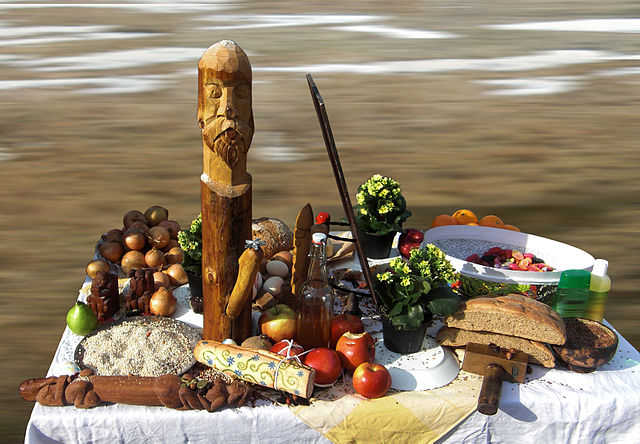Dianic Wicca, also known as Dianic Witchcraft, is a modern pagan goddess tradition focused on female experience and empowerment. Leadership is by women, who may be ordained as priestesses, or in less formal groups that function as collectives. While some adherents identify as Wiccan, it differs from most traditions of Wicca in that only goddesses are honored.
Diana (or Artemis, by her Greek name) as a protector of women and wild nature
Modern paganism, also known as contemporary paganism and neopaganism, is a type of religion or family of religions influenced by the various historical pre-Christian beliefs of pre-modern peoples in Europe and adjacent areas of North Africa and the Near East. Although they share similarities, contemporary pagan movements are diverse and as a result, they do not share a single set of beliefs, practices, or texts. Scholars of religion often characterise these traditions as new religious movements. Some academics who study the phenomenon treat it as a movement that is divided into different religions while others characterize it as a single religion of which different pagan faiths are denominations.
Heathen altar for Haustblot in Björkö, Sweden. The larger wooden idol represents the god Frey.
A Heathen shrine to the god Freyr, Sweden, 2010
The Parthenon, an ancient pre-Christian temple in Athens dedicated to the goddess Athena. Strmiska believed that modern pagans in part reappropriate the term "pagan" to honor the cultural achievements of Europe's pre-Christian societies.
Samogitian Sanctuary, a reconstruction of a medieval pagan observatory in Šventoji, Lithuania used by the modern Romuvans





